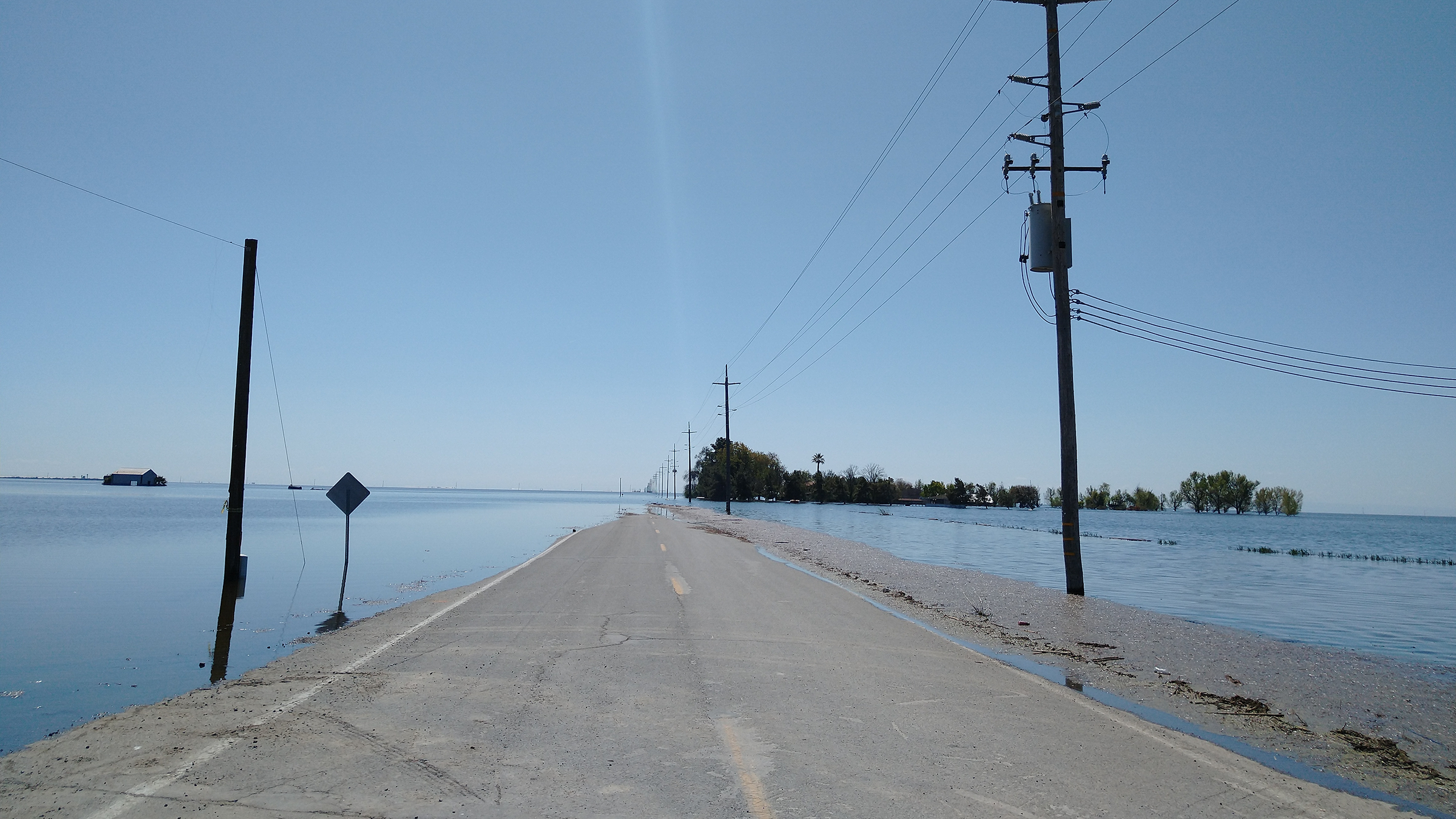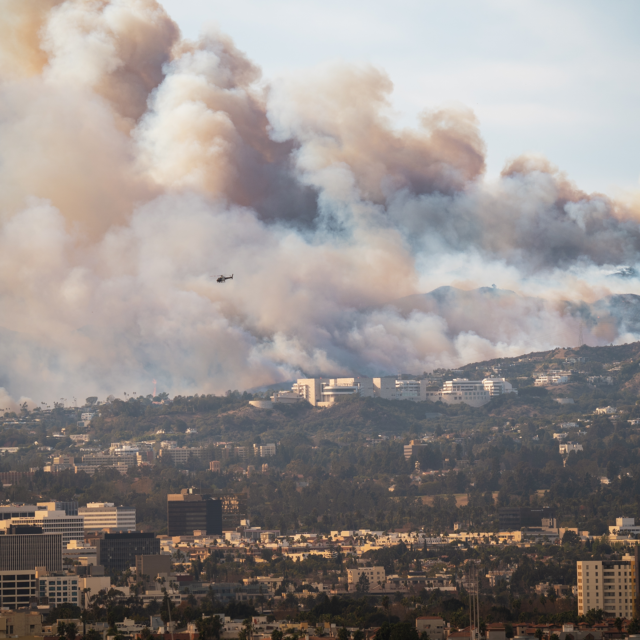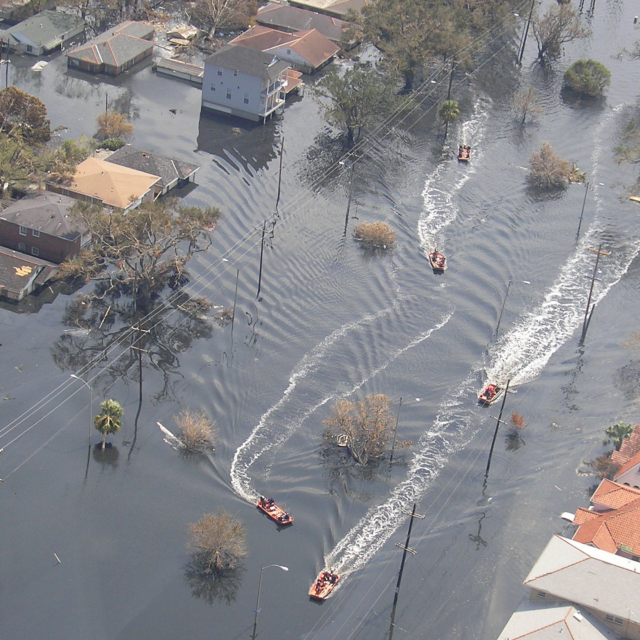It is a moment of climate extremes in California. While the state still grapples with a shrinking Colorado River from megadrought, more snowpack accumulated on the Sierra Nevada this winter than is currently stored in one of the river’s main tributaries, Lake Mead. It was a winter season many have called unpredictable and unprecedented, resulting in a series of deadly floods and the reemergence of two infamous ghost lakes—Tulare and Owens.
In this episode, Ten Across founder Duke Reiter sits down with Jeffrey Mount, a geomorphologist and emeritus professor of earth and planetary sciences at the University of California, Davis. Together, they will try to unpack the sordid and unique history of water management in the Golden State, including how certain engineering decisions, or lack thereof, have created such dramatic flood control failures as were seen this spring.
Notable Quotes:
“…We’ll look at the different centuries and how they went. And we’ll call the 20th century the hydraulic era. We poured a lot of concrete and built a bunch of dams and we did all these canals and everything. And the 21st century will be the era of groundwater where our emphasis will be putting as much water as we can back in the ground.”
“I’m looking at the next generation coming out of my university, UC Davis, and these engineers, these young engineers, these are not my father’s engineers… They’re really into multi-benefit projects, which I think is, by the way, the whole way forward in engineering is, you know, we talk about nature-based solutions, but really what we’re talking about is multi-benefit projects, things that might reduce flood risk, increase groundwater recharge, and restore habitat at the same time.”
Guest Speaker

Jeffrey Mount is a senior fellow at the Public Policy Institute of California. He is an emeritus professor of earth and planetary sciences and founding director of the Center for Watershed Sciences at the University of California, Davis. As a geomorphologist, Jeffrey specializes in the study of reivers, streams and wetlands, developing research on integrated water resource management, flood management and improving aquatic ecosystem health.




